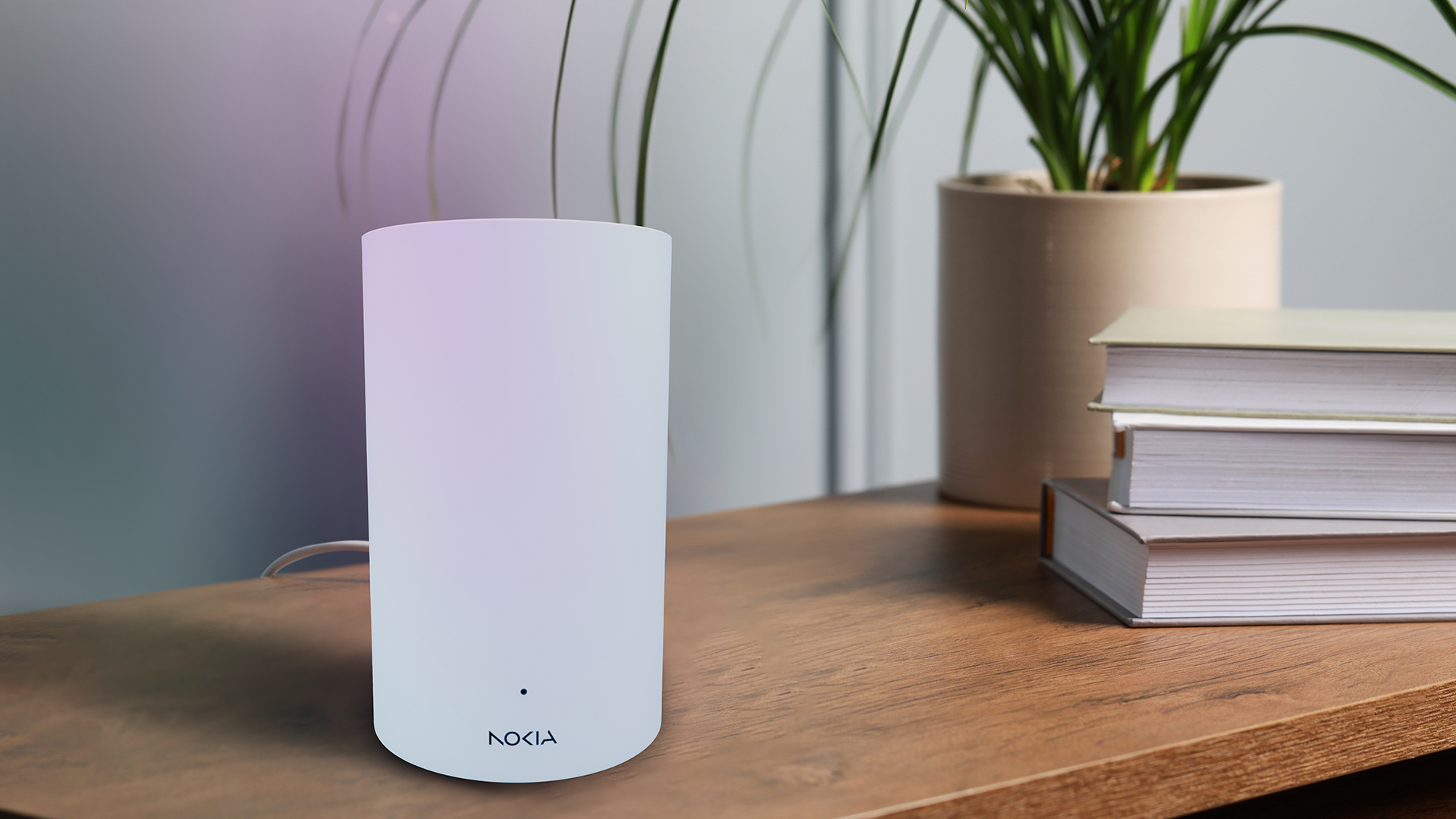Understanding When a Fixed IP Makes Sense for SMEs
When choosing business broadband, most of the focus naturally falls on speed and reliability. But there’s another feature that can be just as important for certain businesses: whether your connection comes with a static IP address.
Not every SME needs one, but for some, a static IP is essential for smooth operations, remote access, or hosting business-critical systems. This guide explains what a static IP is, how it differs from a dynamic one, and whether it’s the right choice for your business.
Wildanet provides flexible business broadband solutions, including options for static IPs, to support SMEs across Cornwall and Devon.
What Is an IP Address?
An IP (Internet Protocol) address is the unique identifier your devices use to connect to the internet. Think of it like a phone number for your broadband connection: it tells other systems where to send and receive data.
- Dynamic IP: Most broadband services use dynamic IPs, which change periodically. They’re automatically assigned and perfectly fine for everyday browsing, email, and cloud apps.
- Static IP: A static IP never changes. Once assigned, it’s fixed, making it easier to connect to your business network remotely or run certain services.

When a Static IP Is Useful for SMEs
While dynamic IPs suit most general business activity, a static IP becomes valuable if your operations rely on:
1. Remote Access to Your Office Network
If your team needs to log in securely to office systems or shared drives while working remotely, a static IP provides a consistent “gateway,” making it easier to manage permissions and security.
2. Hosting Servers or Websites
Running an email server, FTP server, or hosting a website directly from your premises typically requires a static IP so that clients and applications can reliably connect to the same address.
3. CCTV and Security Systems
Modern security cameras and monitoring tools often work best with static IPs, allowing authorised users to log in from outside the premises without connection issues.
4. VoIP and Unified Communications
If your business uses VoIP heavily, a static IP can improve call reliability and quality, as the system always knows exactly where to direct traffic.
5. Specialist Applications
Some industry-specific software or cloud integrations require fixed IPs to authenticate users or maintain stable connections.
Do All Businesses Need a Static IP?
Not necessarily: many SMEs run perfectly well with a dynamic IP, especially if their operations are mostly cloud-based (e.g. Microsoft 365, Google Workspace, or SaaS tools).
However, if you need predictable, secure, direct access to your systems, or if you’re hosting services that must always be reachable, a static IP may save time, reduce disruption, and make your setup more professional.
Choosing the Right Broadband for Your Business
The decision isn’t just about whether you need a static IP, but about making sure your broadband package supports the way your team works now and in the future.
Wildanet offers fast, reliable IP broadband for SMEs across Cornwall and Devon, with options tailored to businesses that require static IPs. Whether you’re running servers, supporting remote teams, or managing CCTV systems, our local team can help you choose the right plan.
Discover our Business Broadband
If your SME relies on remote access, security systems, or server hosting, a static IP could be a smart addition to your broadband package. For many others, dynamic IPs will be sufficient.
The key is to match your connectivity to your real-world business needs, ensuring your broadband works as hard as you do.
Speak to the Wildanet team today about business broadband with static IP options and find the right fit for your business.




